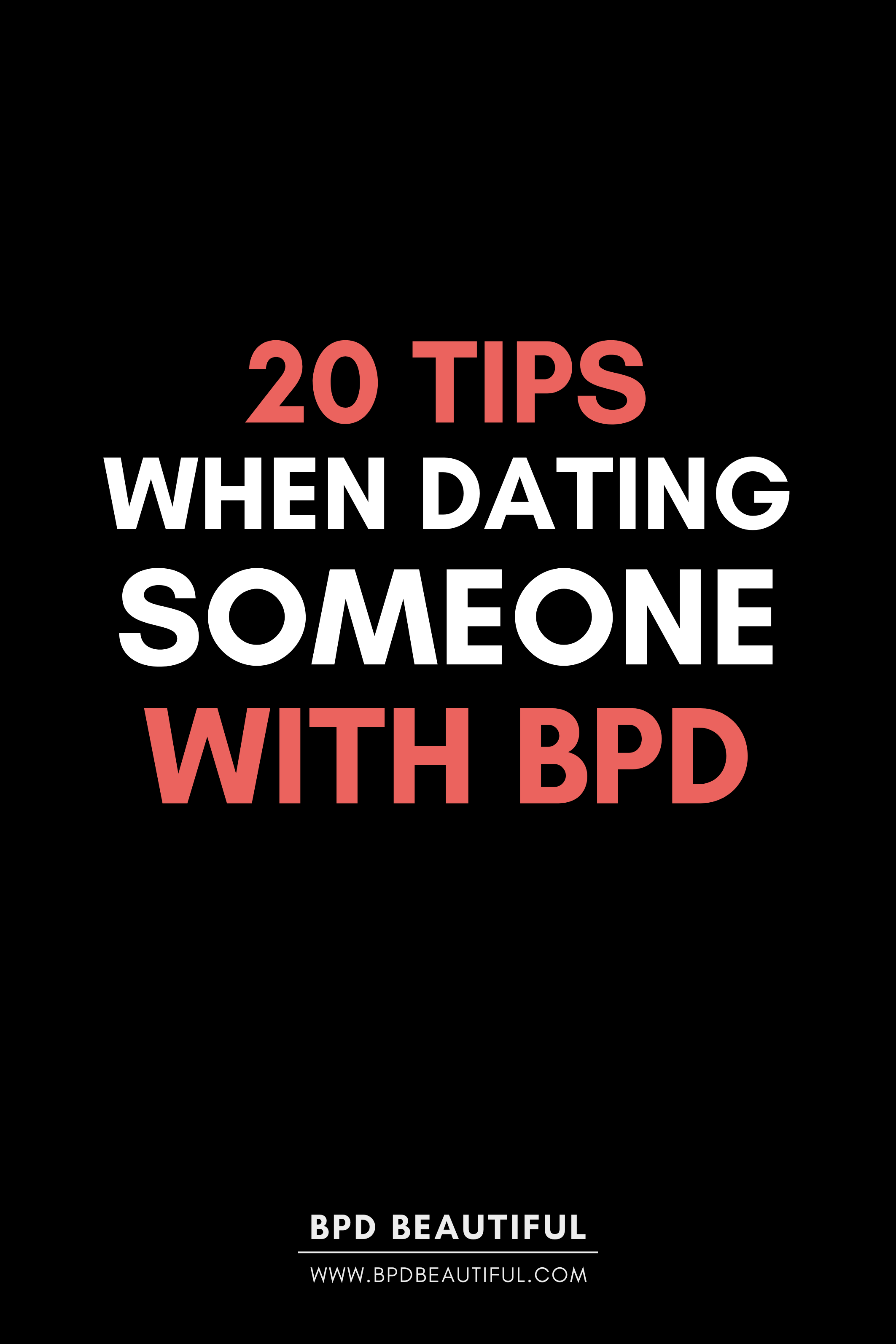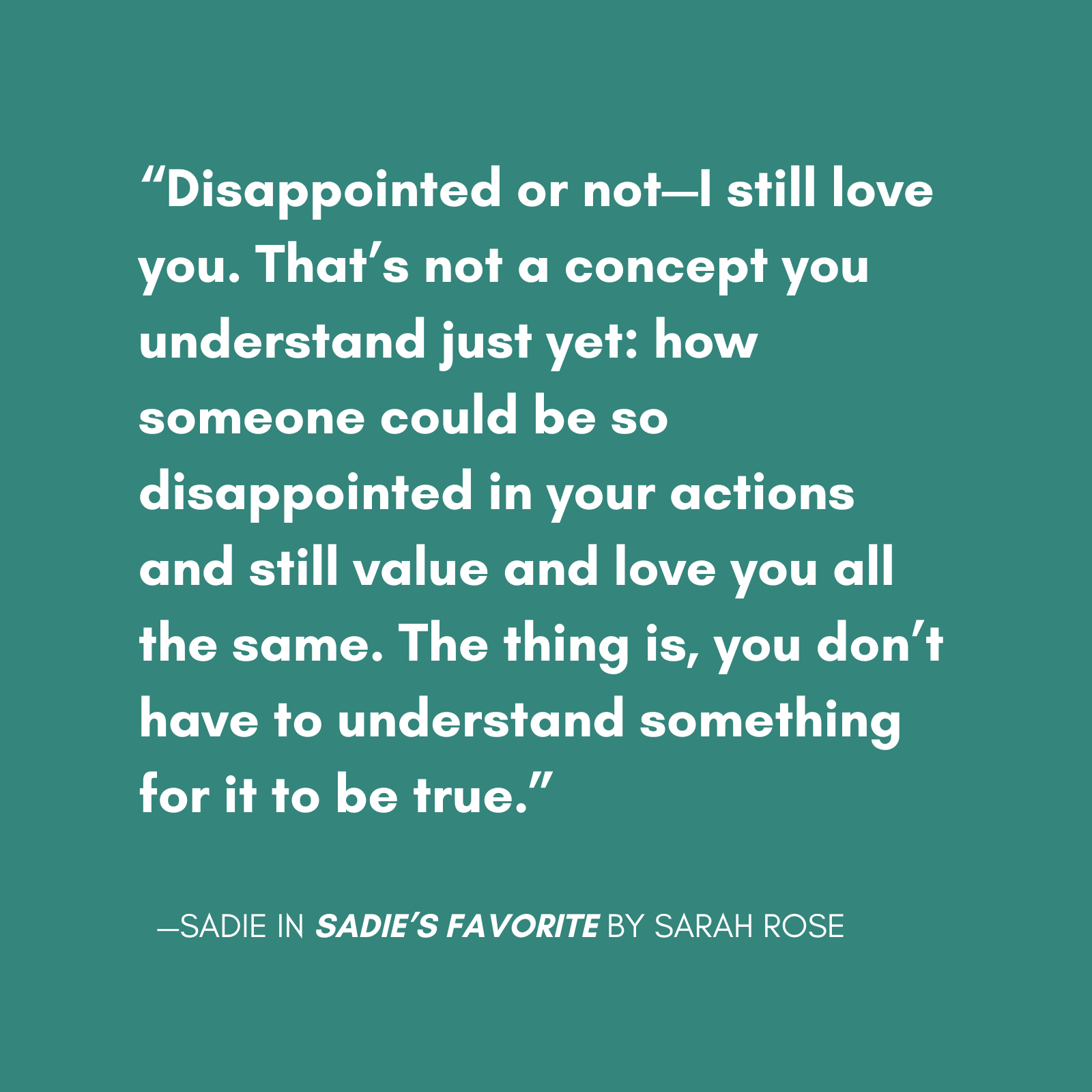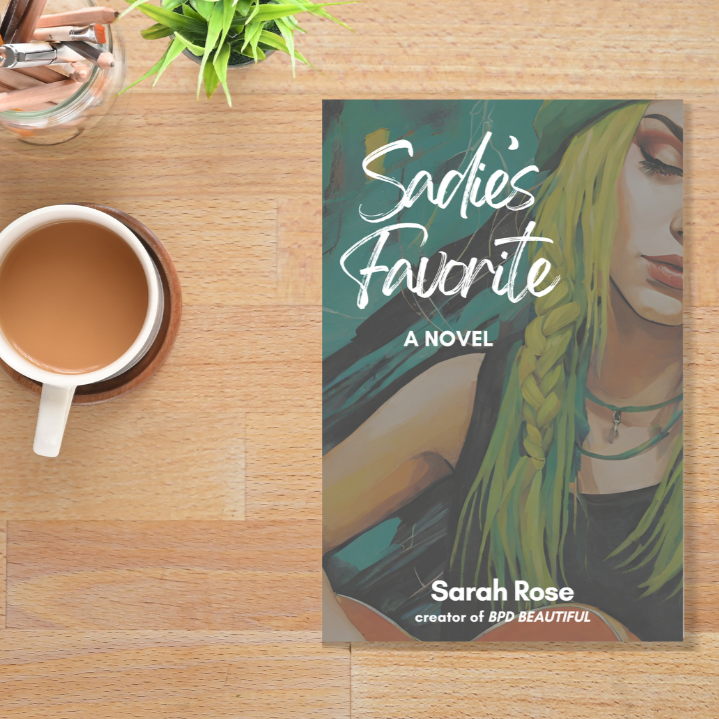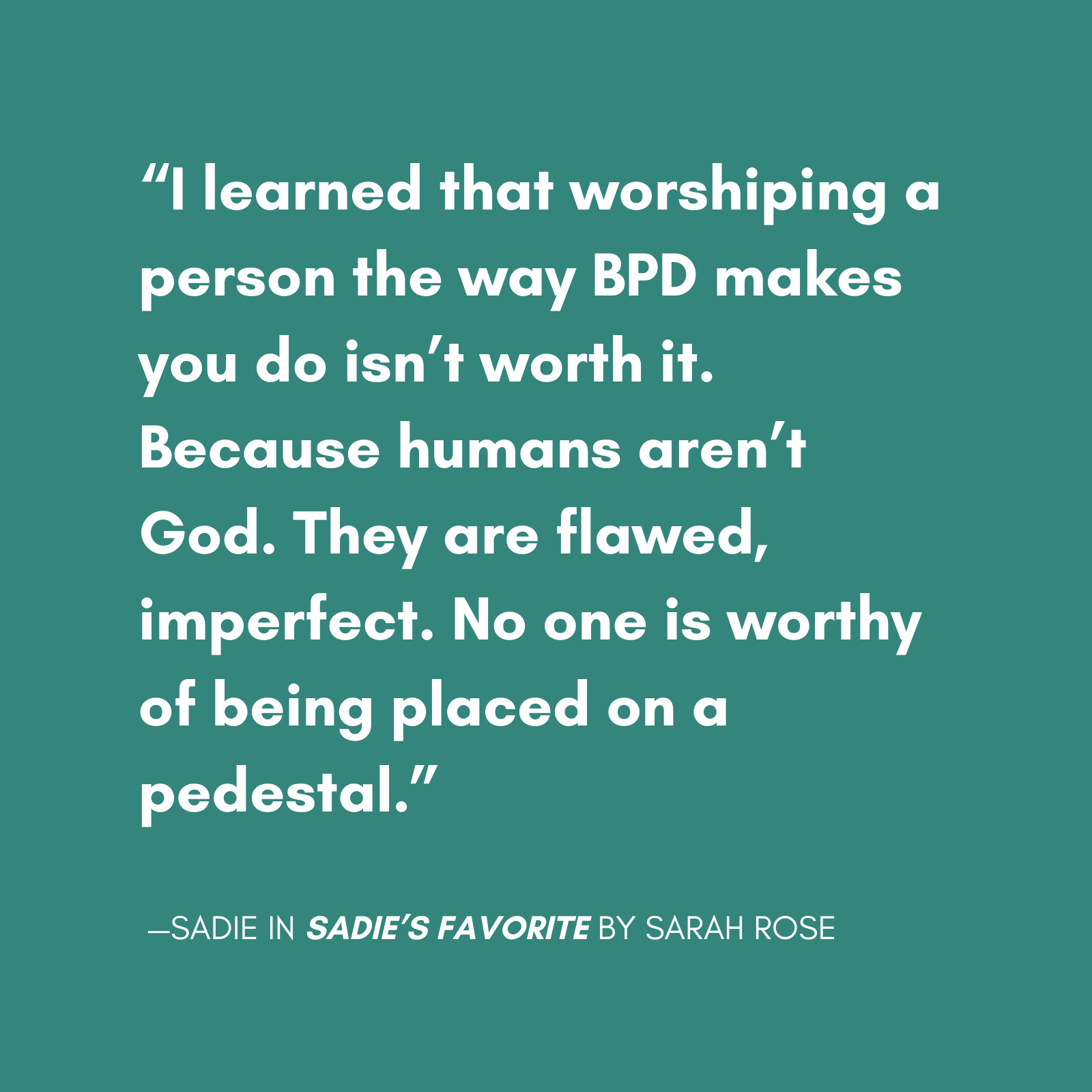Borderline Personality Disorder and Dating
Dating someone with borderline personality disorder (BPD) can present unique challenges as well as opportunities for growth. When you’re dating someone with borderline personality disorder, it’s important to be educated about the condition as much as possible. This blog post aims to help with that. It sheds light on BPD traits, common BPD triggers and it also provides 20 tips for fostering a healthy and supportive relationship.
1. Definition and Prevalence: Borderline Personality Disorder is a mental health condition characterized by intense emotional experiences, unstable self-image, and difficulty in maintaining stable relationships. In the US, it’s thought to affect 2.7% of the adult population.
(Read ‘Top 30 Q+A’s to Help Loved Ones Understand BPD‘)
2. BPD Traits: Individuals with BPD may exhibit traits such as emotional instability, fear of abandonment, impulsivity, intense mood swings, and a chronic sense of emptiness.
(Read ‘What Causes a BPD Episode‘)
3. Professional Help: Your partner should have (or had in the past) professional support from a therapist or psychiatrist who specializes in BPD treatment. If your relationship becomes serious, it may be helpful to consider doing your own therapy as well – to help you cope with their symptoms (if severe) or to better your own communication skills. It can also be helpful to know dialectical behavior therapy skills (if your partner used DBT to treat their BPD); that way you can both use the DBT skills together. DBT is a great therapy method, not just for people with BPD but for loved ones / caregivers or for anyone who struggles with anxiety.
(Find a DBT Therapist)
“READING [SADIE’S FAVORITE] IS AN EMOTIONAL ROLLERCOASTER.” -BETA READER
Sadie’s Favorite by BPD Beautiful creator Sarah Rose is a novel that tells the story of a girl lost, a woman recovered and the trauma in between.
Common Triggers When Dating Someone with BPD
1. Abandonment Fears: Fear of abandonment is a core aspect of BPD. Sometimes you may need to reassure your partner of your commitment and support.
(Read ‘Common BPD Triggers‘)
2. Rejection Sensitivity: Be mindful of your words and actions to try and avoid triggering feelings of rejection or criticism. Don’t walk on eggshells though – avoiding triggers all the time is impossible. It’s up to the person with BPD to learn how to cope with their triggers and to communicate with you when they’ve been triggered. Your best bet is to communicate openly, maintain healthy boundaries and ask for clarification when needed.
3. Emotional Intensity: Understand that individuals with BPD may experience emotions more intensely. Validate their feelings and provide a safe space for expression. Don’t try to resolve their emotional turmoil by using logic when they’re in an emotional state of mind. Just be there to support them through it by actively listening and asking what you can do to help (if anything).
(Read ‘How to De-escalate BPD Splitting‘)
20 Tips for Dating Someone with Borderline Personality Disorder
1. Educate Yourself: Learn about BPD to better understand your partner’s experiences and challenges.
2. Effective Communication: Practice active listening, empathy, and validate their emotions without judgment.
(Read ‘How to Avoid Triggers When Saying No to Someone with BPD‘)
3. Establish Boundaries: Set clear boundaries and communicate them respectfully to maintain a healthy relationship dynamic.
4. Self-Care: Prioritize your own well-being and seek support from friends, family, or therapists to prevent burnout.
5. Patience and Understanding: Recognize that recovery takes time and setbacks may occur. Be patient and supportive throughout the process.
6. Encourage Therapy: Encourage your partner to attend therapy sessions regularly and offer to accompany them if they feel comfortable.
7. Validate Emotions: Acknowledge and validate your partner’s emotions, even if you may not fully understand them.
(Read ‘What NOT to Say to Someone with BPD‘)
8. Practice Mindfulness: Encourage your partner to engage in mindfulness techniques to manage intense emotions and promote self-awareness.
9. Crisis Management: Develop a crisis plan together to address potential crises or self-harming behaviors.
10. Avoid Stigmatizing Language: Use respectful and non-judgmental language when discussing BPD to reduce stigma and promote understanding.
11. Foster Independence: Encourage your partner’s autonomy and support their personal growth and achievements.
(Read ‘How to Make Social Plans without Triggering Your Partner with BPD‘)
12. Encourage Healthy Coping Mechanisms: Help your partner explore and develop healthy coping strategies, such as exercise, journaling, or creative outlets.
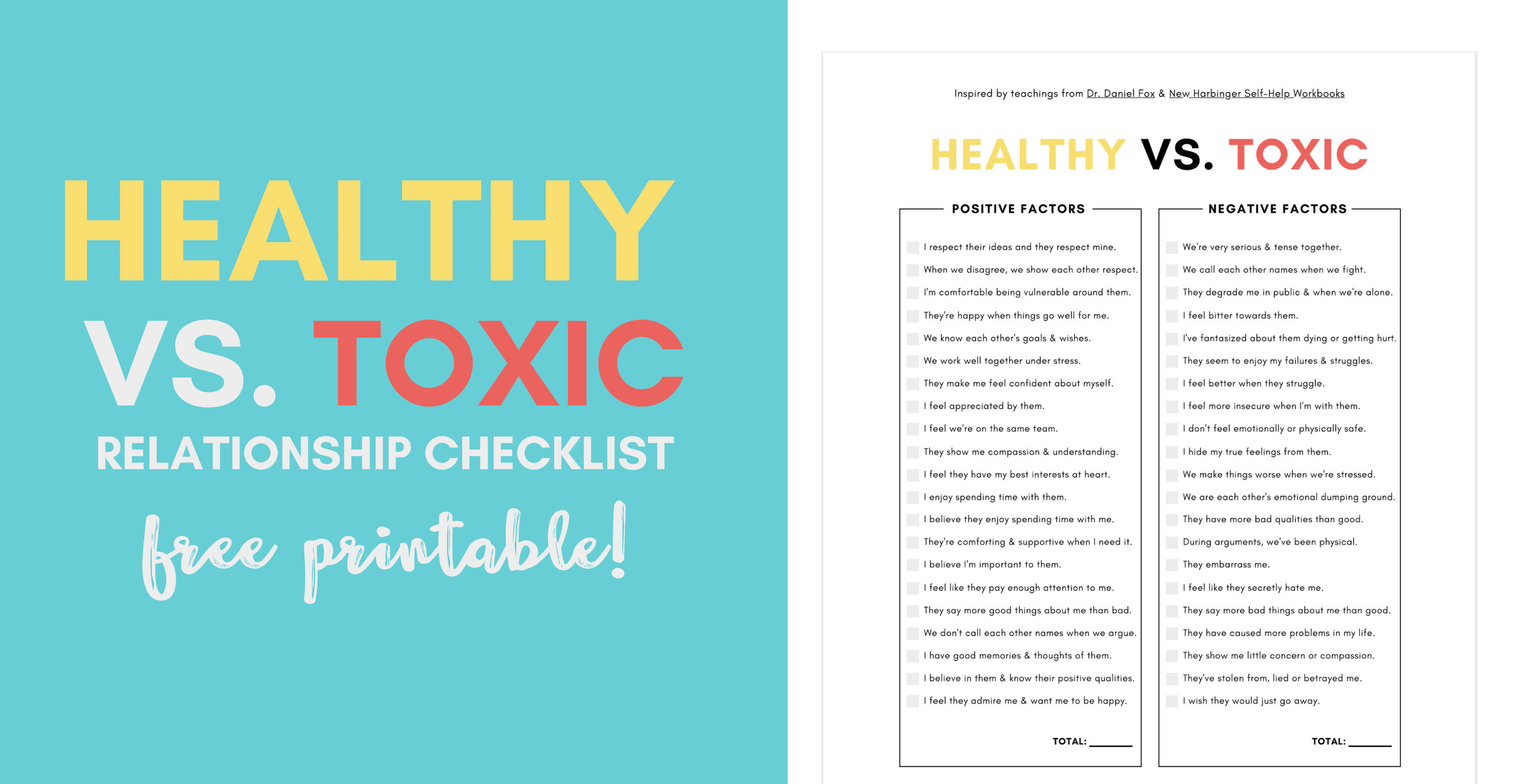
DOWNLOAD FREE PRINTABLE
Measure how healthy or unhealthy your BPD relationship is with the Healthy vs. Unhealthy Relationship Checklist.
13. Celebrate Progress: Acknowledge and celebrate your partner’s progress and achievements, no matter how small.
14. Be Consistent: Maintain consistency in your words and actions to build trust and stability in the relationship.
15. Conflict Resolution: Learn and practice effective conflict resolution skills to navigate disagreements in a constructive manner.
16. Encourage Support Networks: Support your partner in building a network of supportive friends or joining BPD support groups.
17. Avoid Enabling: While it’s important to be supportive, avoid enabling unhealthy behaviors or becoming a caretaker.
18. Encourage Healthy Lifestyle Choices: Promote a healthy lifestyle by engaging in activities such as exercise, healthy eating, and sufficient sleep.
19. Celebrate Individuality: Respect and celebrate your partner’s unique identity and interests.
20. Celebrate Love and Connection: Focus on the love and connection you share, and cherish the moments of joy and growth in your relationship.

Dating Someone with Borderline Personality Disorder: Conclusion
Dating someone with borderline personality disorder requires understanding, patience, and open communication. By educating yourself about BPD, recognizing common triggers and implementing these tips – you can foster a loving and supportive relationship. Remember, seeking professional help and maintaining your own well-being are crucial aspects of navigating this journey together.
BPD Resources
BPD Characters: Read the first 6 chapters of Sadie’s Favorite – an upcoming novel by Sarah Rose, creator of BPD Beautiful.
Get 20% off your first month of BetterHelp. Get matched with a licensed therapist within 48 hours. Subscriptions as low as $65/week, billed every 4 weeks. Cancel anytime.
Manage your BPD symptoms with a printable workbook.
See our recommended list of books about BPD.
Start a Discussion
If you have your own experience with BPD relationships or know of another tip to follow when you’re dating someone with borderline personality disorder, please tell us about it in the comments.
Pin this Post
Liked this post? Please help support BPD Beautiful and spread borderline personality disorder awareness by pinning it to Pinterest.
